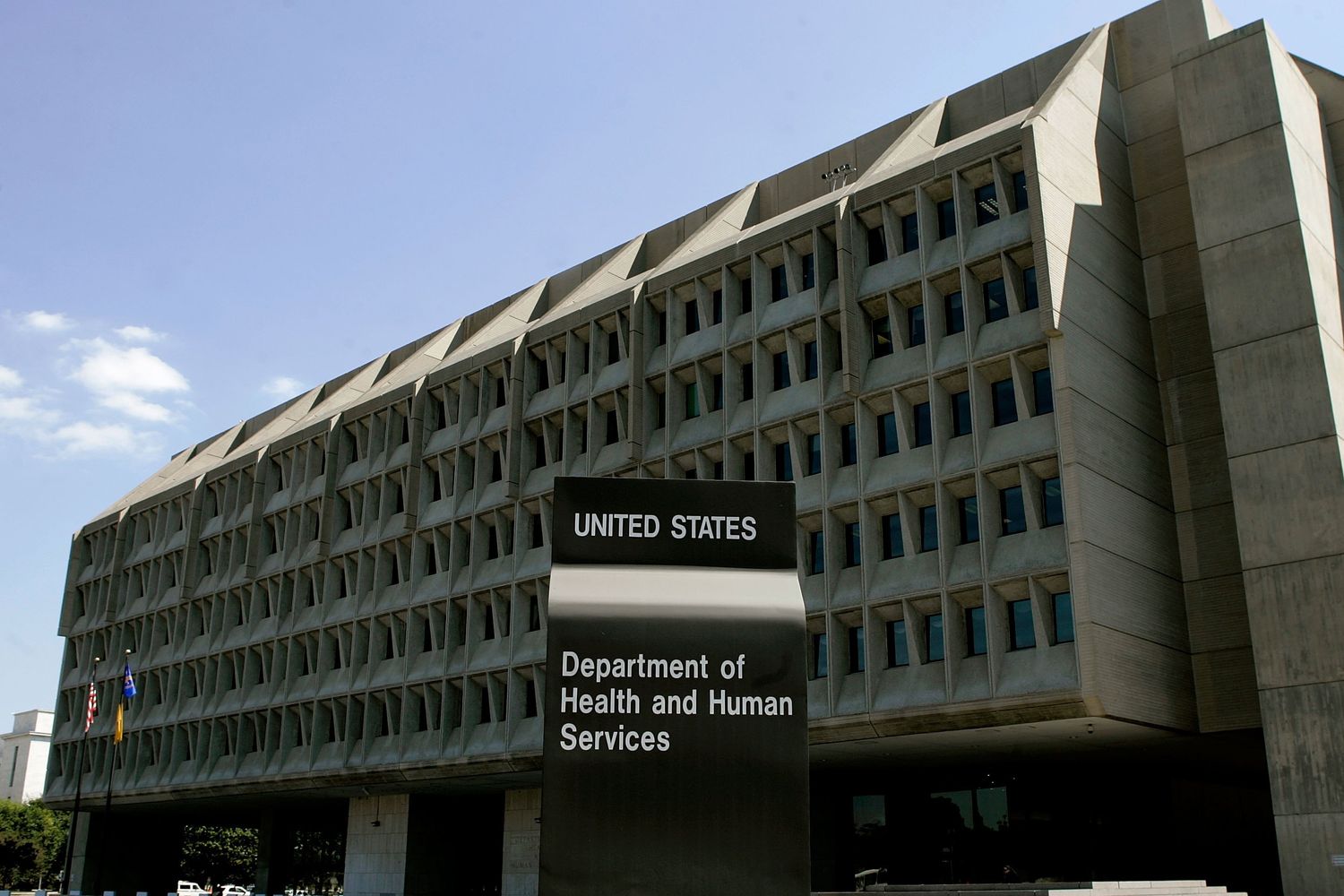
“You’ve got patriotic scientists and engineers producing essential medicines at very low margins in defense of the American people,” Navarro said of Phlow.
But the new company has no track record in drug manufacturing, and it’s not clear when its assembly lines will begin churning out products.
Its CEO Eric Edwards previously helped create the drug company Kaleo to market Auvi-Q, which was supposed to compete with the EpiPen anti-allergy injection pen — but it was pulled from the market in 2015 over safety concerns. Kaleo brought it back to market in 2017.
As the opioid crisis worsened, Kaleo was also heavily criticized over its pricing of an overdose treatment. The list price of its auto-injector of naloxone soared from $575 in 2014 to more than $4,000 in 2017 — as deadly overdoses mounted and demand from hospitals, police departments and governments rose.
Edwards says that he originally planned to focus Phlow on making pediatric medicines before the coronavirus emerged. “When Covid-19 hit, we decided as a company that we needed to immediately pivot and start focusing on the critical medicines that were going to be used for hospitalized patients,” he said. The company is registered as public-benefit corporation, or B-corp.
Skeptics swiftly questioned bestowing a massive BARDA grant on a startup run by Edwards.
“They’re gearing up to give the largest award in history to a corporate executive who quintupled the price of naloxone in the middle of the opioid epidemic,” said Margarida Jorge, campaign director for Lower Drug Prices Now. “Yet again, the administration is handing over taxpayer dollars away to a drug corporation with no strings attached and no guarantee that we’ll get affordable access to the medicines developed with our money.”
Edwards rejected such criticisms. „I was the co-founder and co-inventor of the Kaleo products that have saved thousands of lives,“ he told POLITICO. „I left Kaleo over 18 months ago and was never involved in any pricing decisions.“
Phlow has brought in established industry partners, including ingredient manufacturer AMPAC, nonprofit generic firm Civica Rx, and the Medicines for All Institute at Virginia Commonwealth University’s College of Engineering. It will produce essential drugs and drug ingredients for the government — its only client — at an AMPAC facility near Richmond.
Navarro told POLITICO that Phlow has delivered more than a million doses of coronavirus-related medicines to the government under a $6 million contract it signed with HHS in April.
But a Phlow spokesperson said those drugs were produced at U.S. facilities owned by its partner Civica, a non-profit corporation founded by leading hospital systems that wanted to produce affordable generics and reduce chronic shortages.
Although there is no cure for the coronavirus, the sickest patients often require a variety of drugs to treat the symptoms caused by the virus. Frank Gupton, the founder and chief executive of Medicines for All, who sits on Phlow’s board, said the new entity will make a variety of medicines. “It’s pain management drugs, inhalation drugs, pulmonary drugs” — and perhaps eventually antibiotics, he said.
Gupton says that the partnership between Phlow’s backers and the government was seeded last fall during a meeting with Trump administration officials arranged by Rosemary Gibson, a senior adviser on health care issues at the non-profit Hastings Center, a bioethics think tank. Gibson, who has co-authored a book on the risks of depending on China for medicine, now sits on Phlow’s board of directors.
In early February, as the coronavirus spread within and beyond China, “there was a call with this basic sense of urgency from Peter Navarro’s office saying, ‘We’d like to come down and talk to you about this,’” said Gupton. “They brought basically a SWAT team from HHS, the Office of Management and Budget and the Department of Defense. We sat down on a Saturday afternoon.”
Those discussions about how Phlow and its partners could help bolster the U.S. supply chain quickly transformed into an official contract with BARDA, according to Edwards.
“We started targeting and recommending to the U.S. government how to prioritize” medicines that could be vulnerable to supply-chain disruption during the pandemic, he said. “The very first [drug ingredient] we told the government we needed to get on U.S. soil was manufactured in a single facility in northern Italy, right in the heart of the Covid containment zone.”
The partnership between Phlow and the government “has the potential to be a game changer that could significantly strengthen the U.S. drug supply chain,” said Tom Kraus, vice president of government relations at the American Society of Health-System Pharmacists, in a statement.
Former BARDA Director Rick Bright, who was ousted from the agency last month and filed a whistleblower complaint against the Trump administration, also praised the new deal.
„Congratulations to BARDA and their partners for envisioning and enabling solutions to address critical challenges to saving lives, during the pandemic and every day,“ he wrote on LinkedIn. „Domestic production capabilities for essential medicines reduce costs, improve quality and improve access for everyone. This, in turn, will save lives.“
Source: politico.com
See more here: news365.stream






